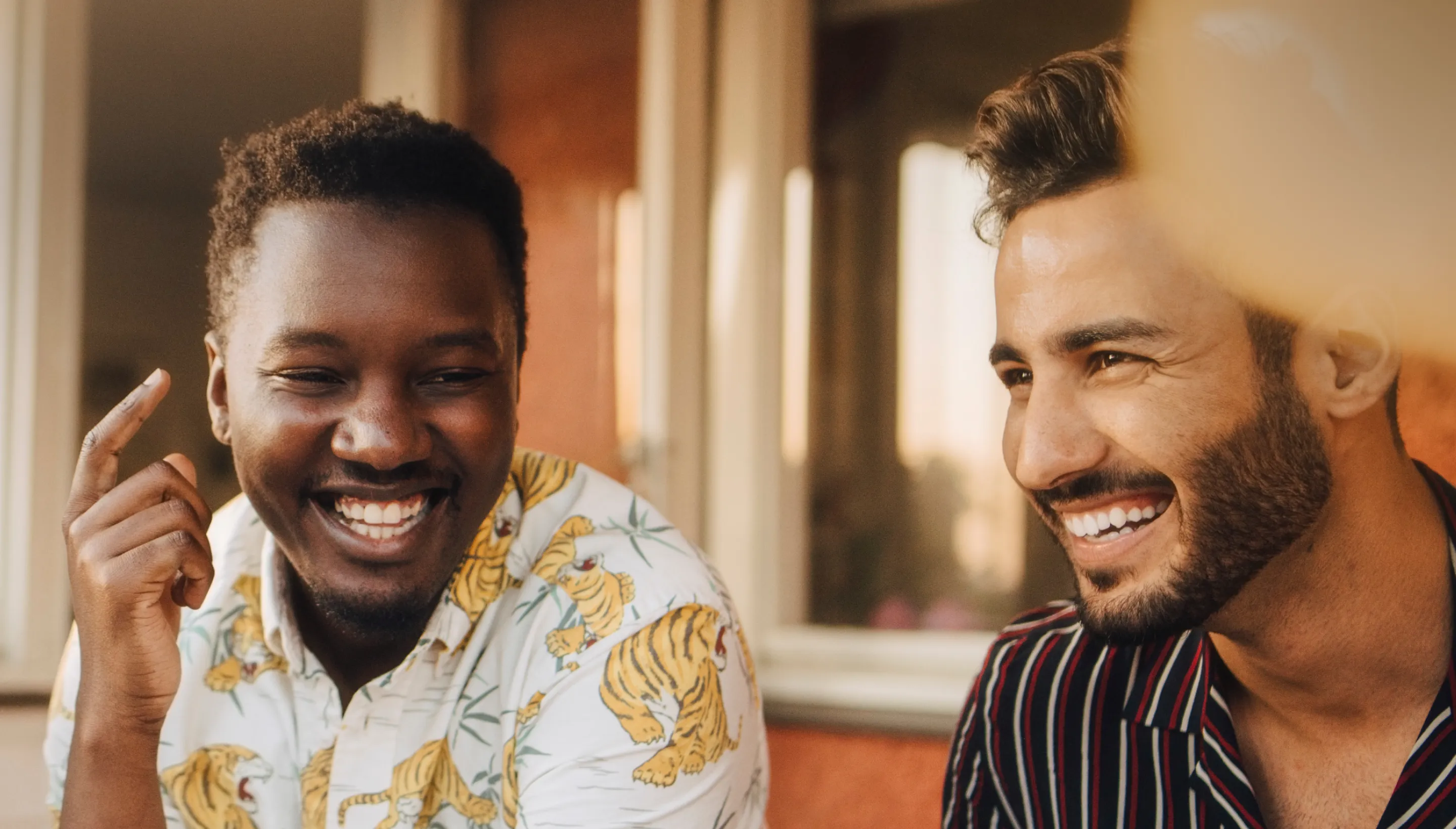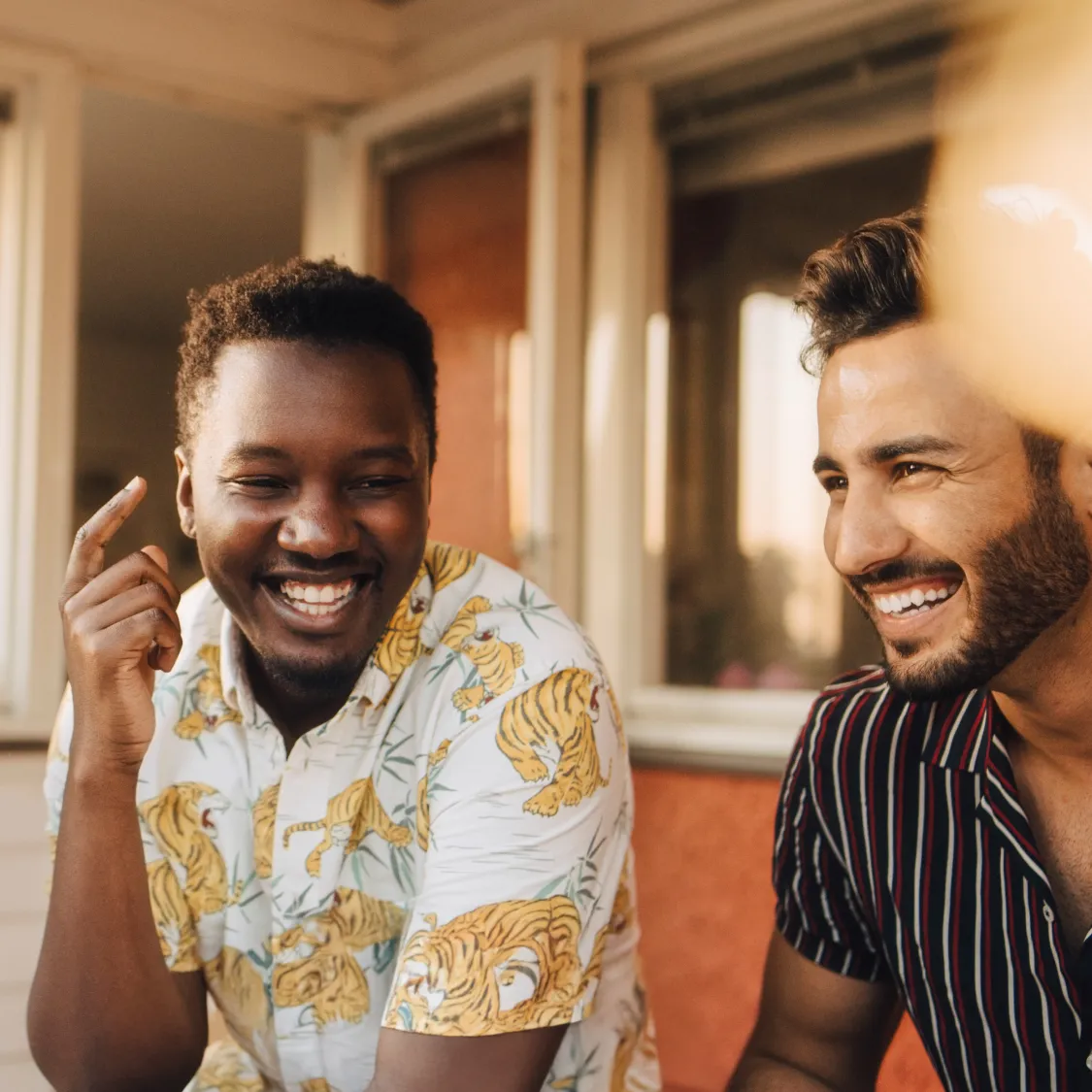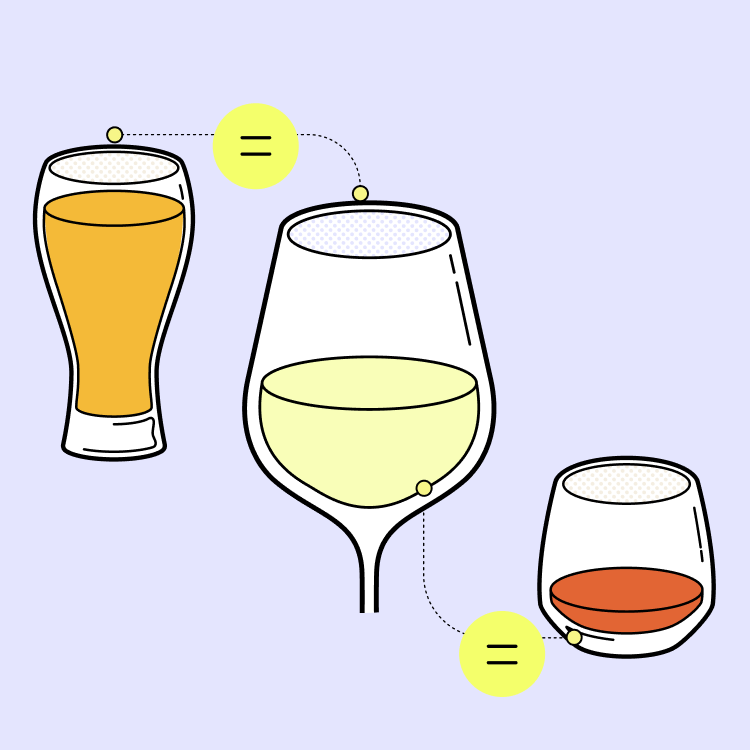It's surprising how many of us don't take notice of our drinking. Have you ever absent-mindedly refilled your glass, or had another one just because it was there, for example? Or perhaps it happens almost without you noticing how much you've drunk?
Mindful drinking is a simple approach that draws on the philosophy and practices of mindfulness. The skills of mindfulness are straightforward to explain - paying attention, being curious about your experience, treating yourself kindly - but they take time to practise and become second nature. If sometimes we feel like we're going through life on autopilot, the act of paying attention is a great place to start.
If there's a drinking situation in your life that's making you unhappy and you want to adopt a more mindful approach to your habits, there are four questions you can ask yourself to gather information about what's happening.
Where?
Your drinking habits are likely to change in different places, which could be due to increased consumption being habitual in those instances. When you have a beer in a bar with friends versus at home on your own, for instance. So it's useful to notice where you are, and be careful if you tend to drink more than you want to in particular places.
When?
Many of us have drinking habits that are ruled by the clock -'Is it 6pm yet?' - or perhaps you only allow yourself to drink alcohol at weekends. Paying attention to your routines can highlight any that have stopped working for you.
Who?
Other people aren't responsible for your drinking, but it's useful to notice if you have friends you're more comfortable drinking with. Or perhaps there are people you actively avoid when you're drinking. Do you tend to drink alone?
What?
When it comes to drinking, your preferences matter. Few people will drink absolutely anything. So notice what you drink, and what happens when you do. Are there particular types you know it's best for you to avoid? Or that you particularly enjoy?
You can change your drinking by changing your drink. Choosing options that are less than 0.5% ABV (alcohol by volume) opens up a wide and growing range of alcohol-free beers, wines and even spirits. These are great choices if you want to cut down or take a break, but don't want to feel like you're missing out.
It's OK to try new things and see what happens. Think of your life as an ongoing experiment in behaviour change.
- Dru Jaeger
Use your answers to make changes
If you want to change your drinking habits, you don't need to become a different person. Your behaviour is shaped by the world around you, so use the information you've gathered to change any situations in which you drink more than you want to. It's OK to try new things and see what happens. Think of your life as an ongoing experiment in behaviour change, and focus on changing your environment to make your good decisions easier.
Here's a real-life example. Imagine you have a group of friends you enjoy spending Saturday night with, but you've noticed your drinking is getting out of hand. Asking'who with?' reminds you that your friends are important to you and you don't want to avoid them altogether. But asking'when?' sparks an idea to meet at a different time of day. So you suggest Sunday brunch instead of Saturday night drinks. It's a simple change that preserves your quality time with the people you care about.
So start taking notice of where, when, who you drink with and what you drink. You can then begin to adjust the circumstances of your life, based on what you notice. That's what mindful drinking is all about - and it starts with paying attention.






